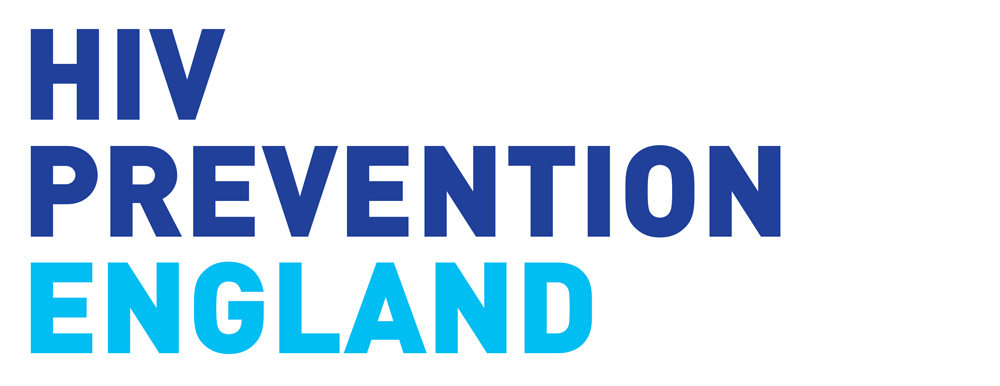There is overwhelming evidence of the effectiveness of PrEP at preventing HIV transmission. Public Health England has credited PrEP as a key factor for the dramatic drop in new HIV diagnoses in the UK, particularly among gay, bisexual and other men who have sex with men (GBM) (PHE, 2019). Recently, it was announced by the UK government that PrEP would become routinely available across England by autumn 2020.
Despite making up less than 1.8% of the British population (ONS, 2020), Black Africans (BA) are over-represented in the rates of new HIV diagnoses every year. The latest figures showed that they constituted 44% of all new heterosexual HIV cases (PHE, 2019). This population stands to benefit from PrEP, however, there is very limited evidence answering the following questions:
- Whether Black African communities in the UK are aware of PrEP.
- Whether Black African communities in the UK are willing to use PrEP.
- Whether Black African communities are currently using PrEP.
- Whether the current and forthcoming access options are acceptable for Black African communities.
To determine the knowledge of and attitudes towards PrEP in BA communities in England ahead of the rollout of routine commissioning of PrEP, HIV Prevention England (HPE) is currently reviewing available research and health promotion programme data, including HPE community and evaluation survey results and PHE innovation fund reports.
Key findings
PrEP Knowledge
Initial data suggests that knowledge of PrEP is very low among BA men and women particularly compared to GBM counterparts. HPE ran a small face-to-face community survey in 2019 for BA men and women where only 22% (15/68) people were aware of PrEP. An online survey that was run as part of the It Starts With Me (ISWM) 2019 campaign evaluation found also that just 53% (124/234) of BA had heard about PrEP before, compared to 84% (465/554) of GBM.
In some cases where BA have reported hearing of PrEP, individuals may conflate it with PEP (post-exposure prophylaxis) or believe it to be for GBM only. For example, 21% of people who said they knew what PrEP was in HPE’s face-to-face community survey had these misunderstandings (4/19).
PrEP attitudes
Once BA people know what it is and how it works, many say that they would be willing to take PrEP under certain circumstances. In the HPE community survey, when asked if they would be willing to take PrEP in a scenario where condoms were unavailable, 63% (43/68) said that they would in the following situations:
- Where personal risk perception is high. For example, if sexual risk-taking behaviour increased or if other methods, such as condoms, were not available or individuals did not want to use them.
- For protection (‘to be safe’) as a general precaution towards others’ unknown status.
- Due to belief in the science, that it is effective at prevention.
At the same time, a number of BA people were hesitant to take PrEP for some of the following reasons:
- Needing more information on PrEP.
- Scepticism and worries regarding the evidence/science: whether they could trust messages regarding side effects and interactions, PrEP effectiveness.
- A dislike of taking ‘Western’ medication unless absolutely necessary.
- Finding it not personally relevant (‘I don’t do those things anymore’ or ‘I prefer condoms’).
PrEP Use
In the ISWM evaluation findings, BA men and women consistently report low condom use: only 18% used condoms ‘all the time’ or ‘often’; 77% ‘never’ or ‘sometimes’ only. Despite this, none reported using PrEP. This contrasts with GBM, where 38% of low condom use individuals reported using PrEP.
When considering data from the rest of the UK, from July 2017-June 2019, there were only 14 individuals with African ethnicity taking PrEP in Scotland (0.4% of all PrEP users) (HPS, 2019). In Wales, from July 2017-March 2019, <10 individuals taking PrEP were of Black ethnicity (<1% of all PrEP users) (PHW, 2019).
Summary
In these examples there is a low level of knowledge among Black Africans about PrEP, which is markedly different from GBM cohorts. In addition to this, people who have heard of PrEP may have misconceptions about what it means, who it is for and how to access it.
A significant proportion of BA individuals are open to taking PrEP in situations where they have the correct information about it and can recognise that they may benefit from taking it.
According to available data, extremely few Black Africans are currently using PrEP in the UK.
As England prepares for the routine commissioning of PrEP in the autumn, it is important that the issues outlined in this article are considered further and appropriate steps taken to ensure that everyone who may stand to benefit, including Black African communities, are aware of and can access PrEP appropriately.
